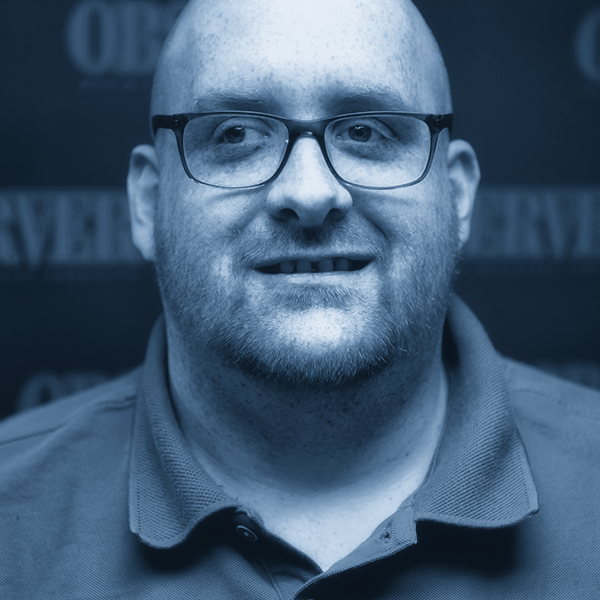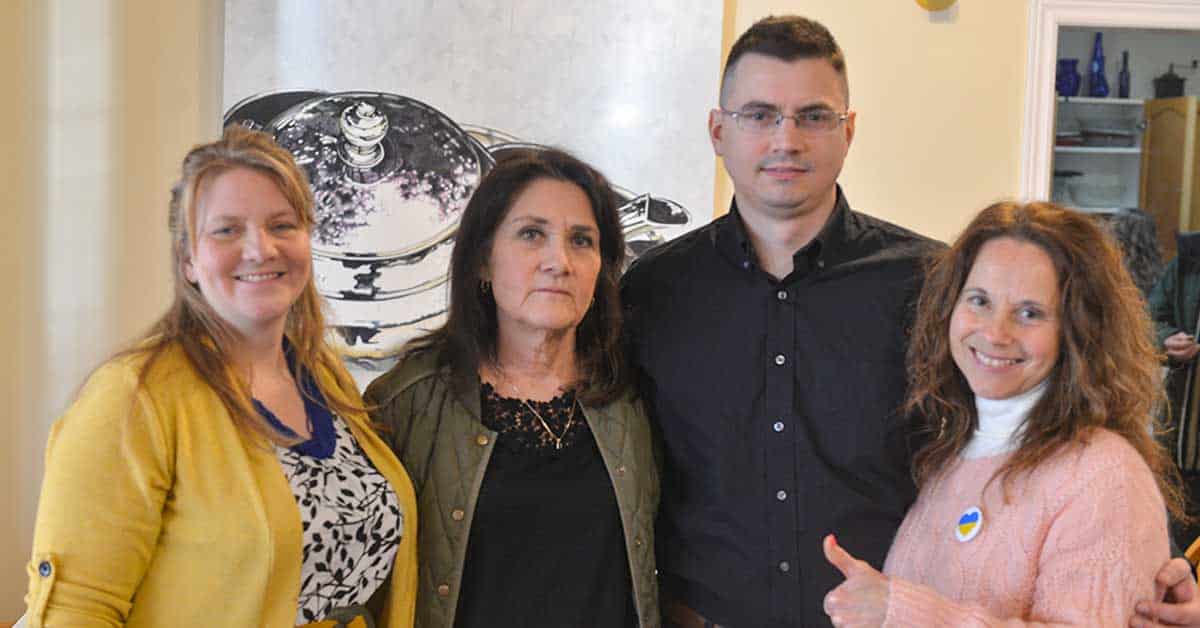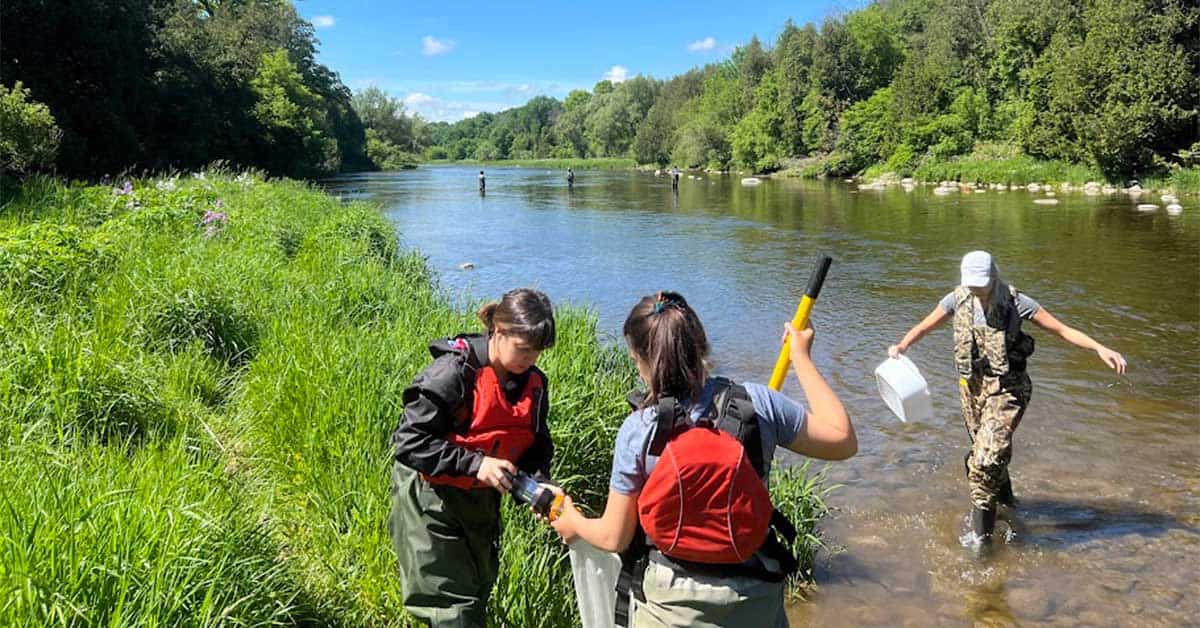Another temporary residence has opened its doors for Ukrainians coming to Waterloo Region. Karen Martin, owner of Hillside Residence in Maryhill, has shifted focus at the site after 23 years of operating a retirement home.
“When I decided to end it was a fairly quick decision. It was based on a bunch of things,” said Martin, pointing to the likes of the pandemic and funding models. “Bigger places had an easier time. And I thought maybe this space could be used for another good reason.
“I really liked our clients and our families that we were working with, so it was a really hard decision, but I also thought and felt really badly about all the Ukrainians,” she added at an open house event last Saturday.
The residence will provide temporary housing for six months for 22 Ukrainians. It is set to welcome its first occupants within the next two weeks.
Michael Doroshenko, president of the Waterloo-Wellington branch of the Canadian Ukrainian Congress, noted this is now the second such residence in Woolwich, the first being the former Jakobstettel Inn in St. Jacobs, which opened to refugees last summer.
“I think that is amazing. That just goes to show how welcoming the Woolwich community is and it is extremely important,” Doroshenko said.
“This is the biggest thing for newcomers from Ukraine, the lack of housing, the lack of stability when they arrive in Canada, and it is pretty critical. So for instance, imagine you come to Canada, and you don’t have a place to stay. If you don’t have a place to stay you cannot find work. And if you cannot find work, you don’t have a place to stay. So it’s a vicious cycle. These housing initiatives are really impactful in that they help to break this vicious cycle and help people stand on their feet faster,” he said.
Doroshenko, who came to Canada eight years ago, noted the difference between when he left Ukraine and the situation today’s newcomers face.
“I was privileged enough to do that move when there was no war, so I had enough time to prepare and do things. However, these people who are coming now, they don’t have that privilege. They did not choose to leave Ukraine. They were basically forced to leave Ukraine. It was never in their plans. It was never their design to come and move to Canada for some of them, and it is extremely difficult,” he said.
The Waterloo Region Grassroots Response to the Ukrainian Crisis (WRGR) helped with the transition of the Maryhill residence. While housing is still a challenge for incoming Ukrainians, the group has seen an increase of people willing to host the new arrivals.
“There’s going to be a never-ending list of Ukrainians in need of housing. We [recently] had an additional 25 hosts reach out to us, which was absolutely phenomenal, so we’re looking for that trend to continue. Basically, within a week or two of those new hosts signing up, they’re already connected with families that were in need of housing, and some of the families are actually already coming,” said WRGR volunteer Stephanie Goertz.
Goertz also emphasized the need for donations to help fund the operating costs of the Hillside Residence.
“The space is not free. Karen has operating costs, obviously, even though she’s doing this out of the goodness of her heart. She can’t do this and cost her money. We do need donations to help allow residents to stay in the space through some type of subsidized rate they know. We never want to turn any families away. Some families can pay the rental rate and some do need help. So we desperately need people to help raise funds and money for this space,” she said.
For locations such as Hillside to work it is dependent on the community, Martin noted.
“It requires a network. [WRGR] helps with that. All the volunteers – Grassroots is made up of volunteers, and donations too. For many people… maybe it doesn’t work for them to take somebody into their home. We have this space. So we can provide this space and then people can donate, volunteer, help out,” she said.
“These intelligent, independent people; they just need a footing and then they can thrive,” she said of the Ukrainian refugees.









